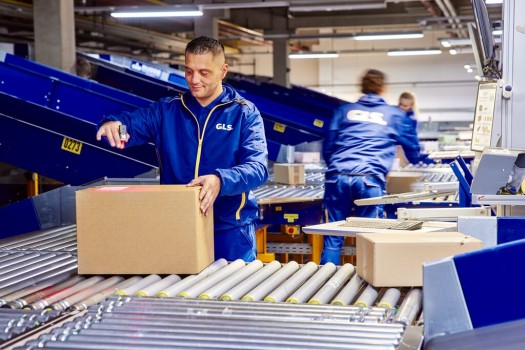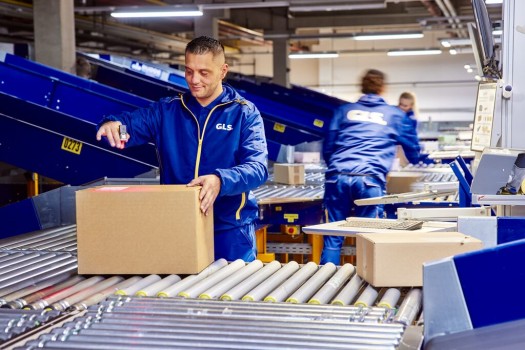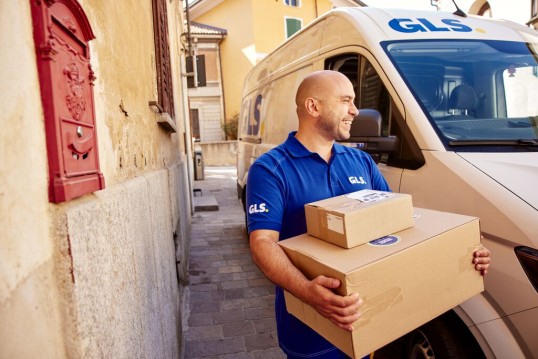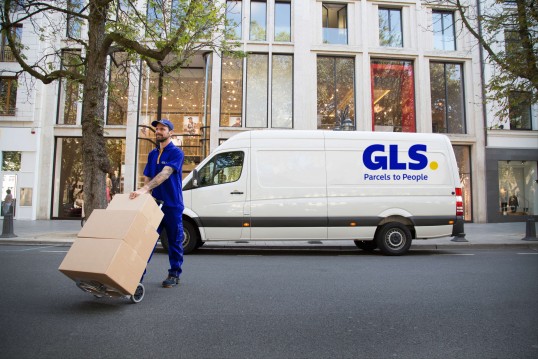Parcels
Logistics
Express
Frequently Asked Questions
Does GLS provide customs clearance solutions?
Yes, GLS does provide customs clearance solutions for both national and international shipments. GLS acts as an intermediary with customs authorities in various countries, including: European Union Member States, Switzerland, Norway, Great Britain, Turkey, Serbia, San Marino, United States and Asia countries.
GLS offers full customs brokerage, including:
- Documentation handling
- Duty payments
- Regulatory compliance
- Real-time tracking and digital signatures
What is a customs broker?
A customs broker is a licensed company or professional that helps individuals and businesses move goods across international borders by handling the complex customs procedures required by governments.
These are the most common task performed by a Customs broker:
- Prepares and submits documentation required for importing or exporting goods.
- Ensures compliance with all applicable laws and regulations.
- Calculates and pays duties, taxes, and tariffs on behalf of the shipper.
- Coordinates with customs authorities to clear shipments efficiently.
- Advises on classification, valuation, and origin of goods to determine correct duties.
Why do I have to pay for a parcel from an international origin?
When goods cross international borders, these are subject to customs checks and charges. Receiving a package from abroad may involve paying customs duties and taxes and customs clearance fees. These fees are determined by the item's value, type, and the import regulations of your country.
What information does a consignor need before sending a parcel?
Before a consignor can ship a parcel to you, they must have your complete contact details. This includes your full company or home address, email address, and telephone number. These details are essential for successful delivery and customs clearance. Without them, your parcel may be delayed or held at customs, as authorities require accurate recipient information to process international shipments.
What import costs need to be paid?
Importing goods involves specific rules and associated costs. Import duties and taxes are determined by customs authorities based on several factors: the declared value of the parcel, the type of products being shipped, and the origin of the goods.
Customs uses the HS (Harmonized System) code of the product to classify and assess the correct duties. These costs may include import VAT, customs duties, and handling fees, and they must be paid before the parcel can be delivered.
In addition to Customs duties and taxes, generally a customs clearance fee is generated.
What is a clearance fee, and who pays it?
A clearance fee is a charge applied by the customs broker for managing the process of clearing goods through customs. This fee covers the administrative and procedural tasks required to ensure that imported or exported goods comply with all applicable customs regulations.
Responsibility for paying the clearance fee depends on the GLS Incoterms selected for the shipment. These terms define the roles and obligations of the buyer and seller, including who bears the cost of customs clearance.
What do I need to send Parcel cross border?
To successfully send a parcel to the United Kingdom, you must provide the following information:
- HS Code: The Harmonized System code used to classify the product for customs purposes.
- EORI Number: The Economic Operators Registration and Identification number, required for customs clearance
- Country of Origin: The country where the goods were manufactured or produced.
- Sender and receiver’s Full Contact Details: This includes the full name, email address, or telephone number.
- Providing accurate and complete information ensures smooth customs processing and avoids delays or additional charges.
What are HS Codes (commodity code)?
HS Codes, or Harmonized System codes, are internationally recognized product classification numbers used in global trade.
When shipping goods outside the EU, you must assign an HS code to each product in your shipment. These codes help customs authorities identify the type of goods being transported and determine the correct import duties and taxes.
For exports, the HS code typically consists of 8 digits. Including this code in the data you send to GLS ensures accurate customs processing. Customs uses the HS code to understand what products are in your shipment and to calculate the applicable charges. Providing the correct HS code is essential for smooth and compliant international shipping.
How do I get the correct commodity codes for products?
To classify your products correctly for international shipping, you need to assign the appropriate HS (Harmonized System) code.
You can find the correct HS code in two ways:
- Use the official tool provided by the tax authorities, such as the TARIC Consultation ) tool, which allows you to search by product name or category.
- Use GLS’s Customs Portal Tool, which helps to assign the correct HS code when you enter your product description during shipment preparation.
What is an EORI Number and why do I need it?
EORI stands for Economic Operators Registration and Identification. It is a unique identification number required for customs clearance within the European Union. If you're sending or receiving goods across EU borders, having an EORI number is mandatory for businesses and recommended for individuals involved in regular international trade.
Structure of the EORI Number:
It begins with the country code of the EU member state where the company is registered (e.g., ES for Spain, DE for Germany).
This is followed by a unique combination of numbers or letters that identifies the company or trader.
Providing a valid EORI number ensures that your shipments are processed efficiently by customs and helps avoid delays or rejections.
How are duties and taxes calculated?
Duties are customs fees imposed on imported goods by customs authorities. They serve to regulate international trade, protect domestic industries, and generate government revenue. The duty rate is a percentage of the customs value and depends on several factors:
- The type of goods being imported
- The country of origin
- Any existing trade agreements between countries
Taxes, in the context of customs, typically refer to Import VAT and other applicable levies. Import VAT is equivalent to the standard Value Added Tax (VAT) in the destination country. For example, in Germany, the current VAT rate is 19%, with a reduced rate of 7% for certain goods such as food and books.
How can I pay for duty and tax amounts generated during the Customs clearance?
Consignees that have to pay for duty and taxes will receive an email or a text message from GLS/Royal Mail containing a link to the payment platform where the open customs clearance charges can be paid by credit card or open banking.
What are GLS Incoterms?
GLS Incoterms define the responsibilities of the buyer and seller regarding customs-related charges in international shipments. Within the GLS system, there are three key types of charges to consider:
- Clearance Fee – Charged by the customs broker for handling the customs clearance process.
- Duties – Government-imposed tariffs on imported goods.
- Taxes – Such as VAT or other applicable import taxes.
The selected GLS Incoterm determines who is responsible for paying each of these charges. Understanding the Incoterm applied to your shipment helps clarify cost allocation and ensures smooth customs processing.





